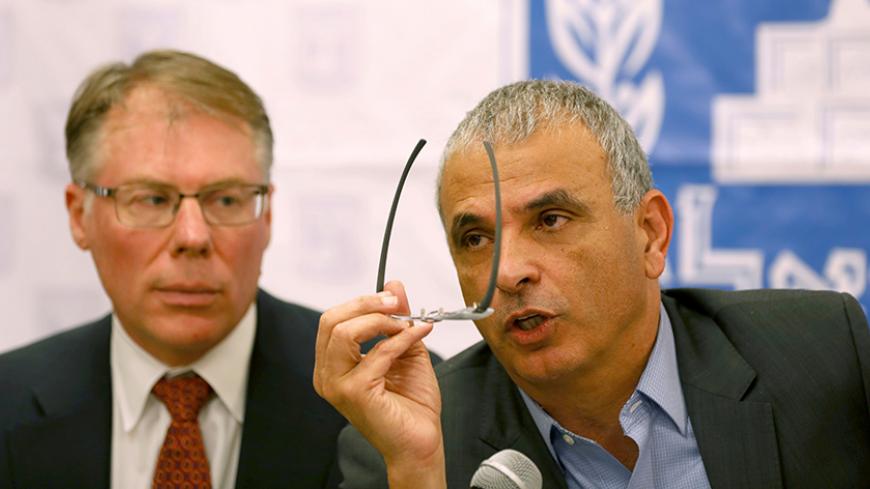Prime Minister Benjamin Netanyahu and Finance Minister Moshe Kahlon agreed March 13 to devise a joint plan for cutting taxes. Earlier that same day, Intel announced its purchase of Mobileye, the Israeli leader in self-driving technology. Kahlon insisted a day later that the tax cutting has nothing to do with the Mobileye mega-deal and the expected tax windfall from it of at least 4 billion shekels ($1.09 billion) that will land in the state's coffers.
Indeed, the goverment's policy of pursuing tax cuts is hardly new. The proposed 2011-12 budget said the government would “continue to implement its multiyear tax plan, extended in 2009 until 2016.” In September 2015, the government also decided to reduce the Value Added Tax (VAT) from 18% to 17% and corporate taxes from 26.5% to 25%.



